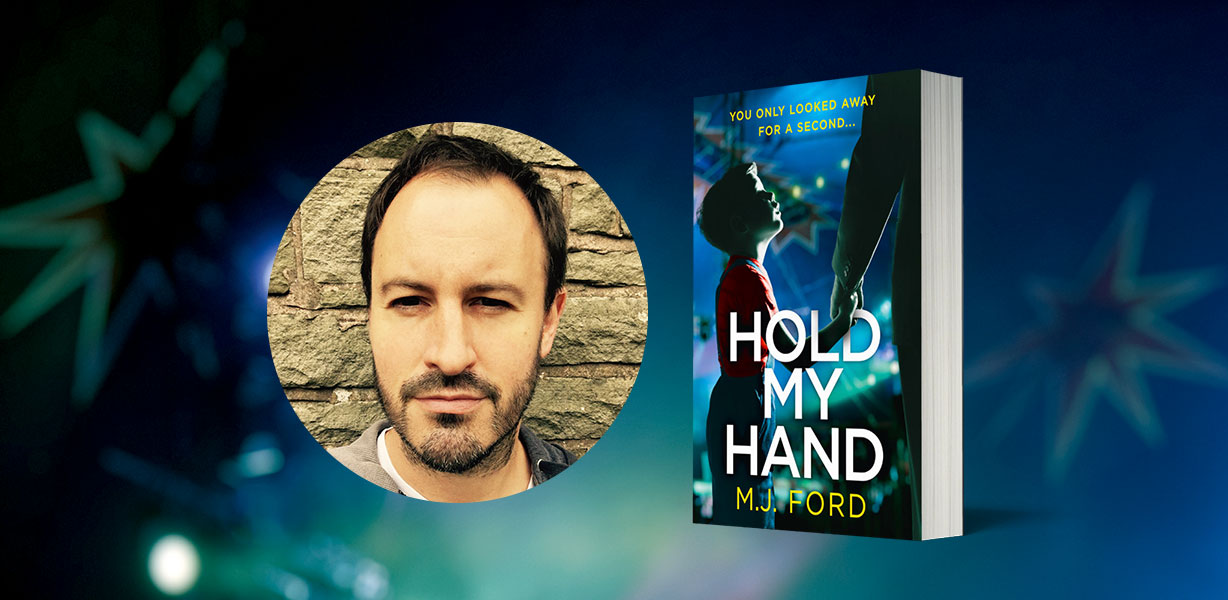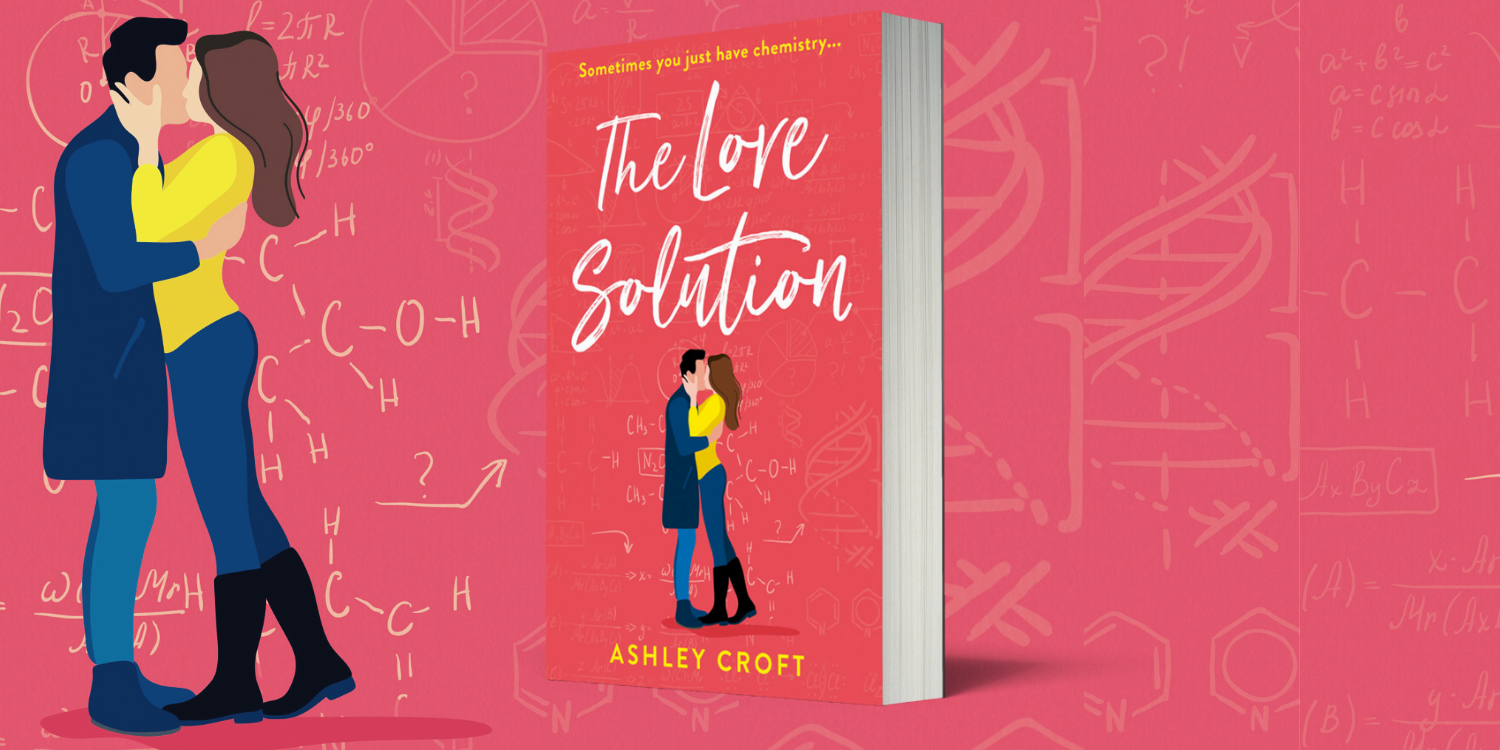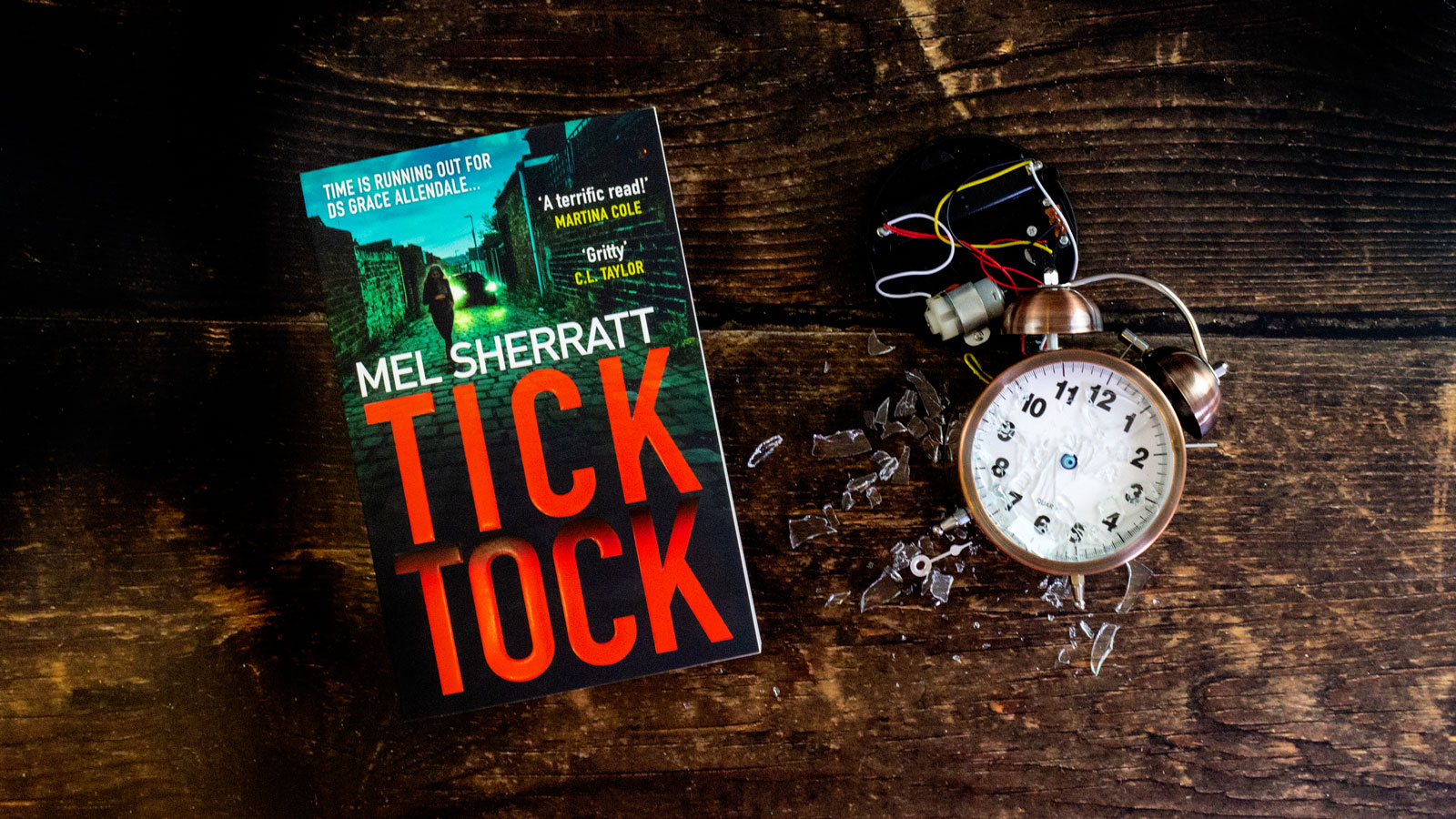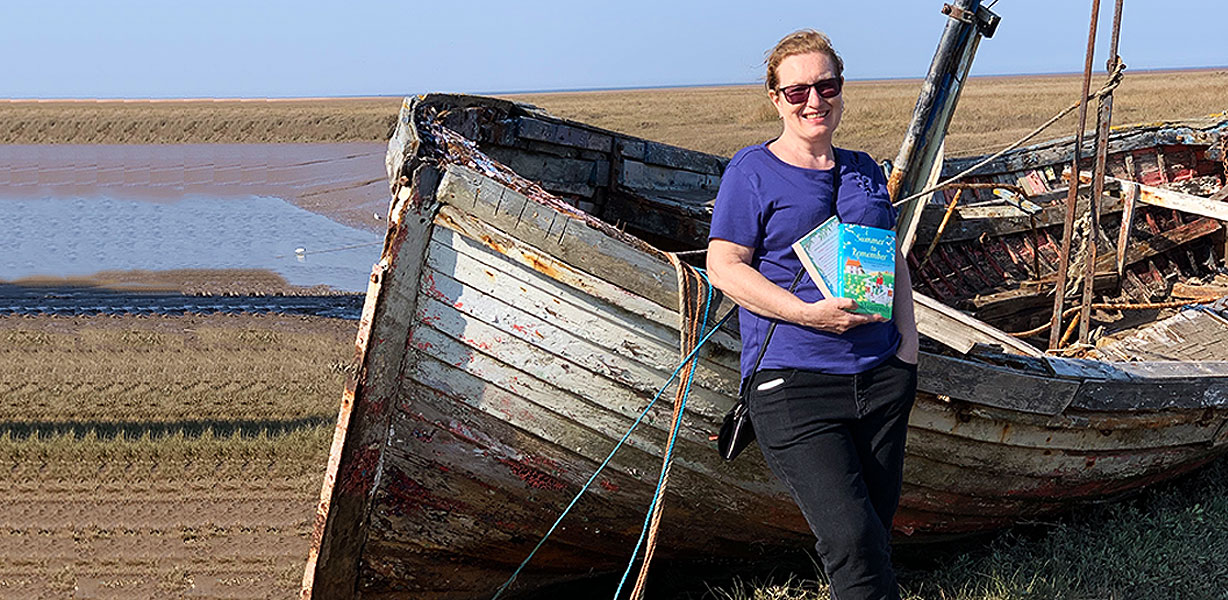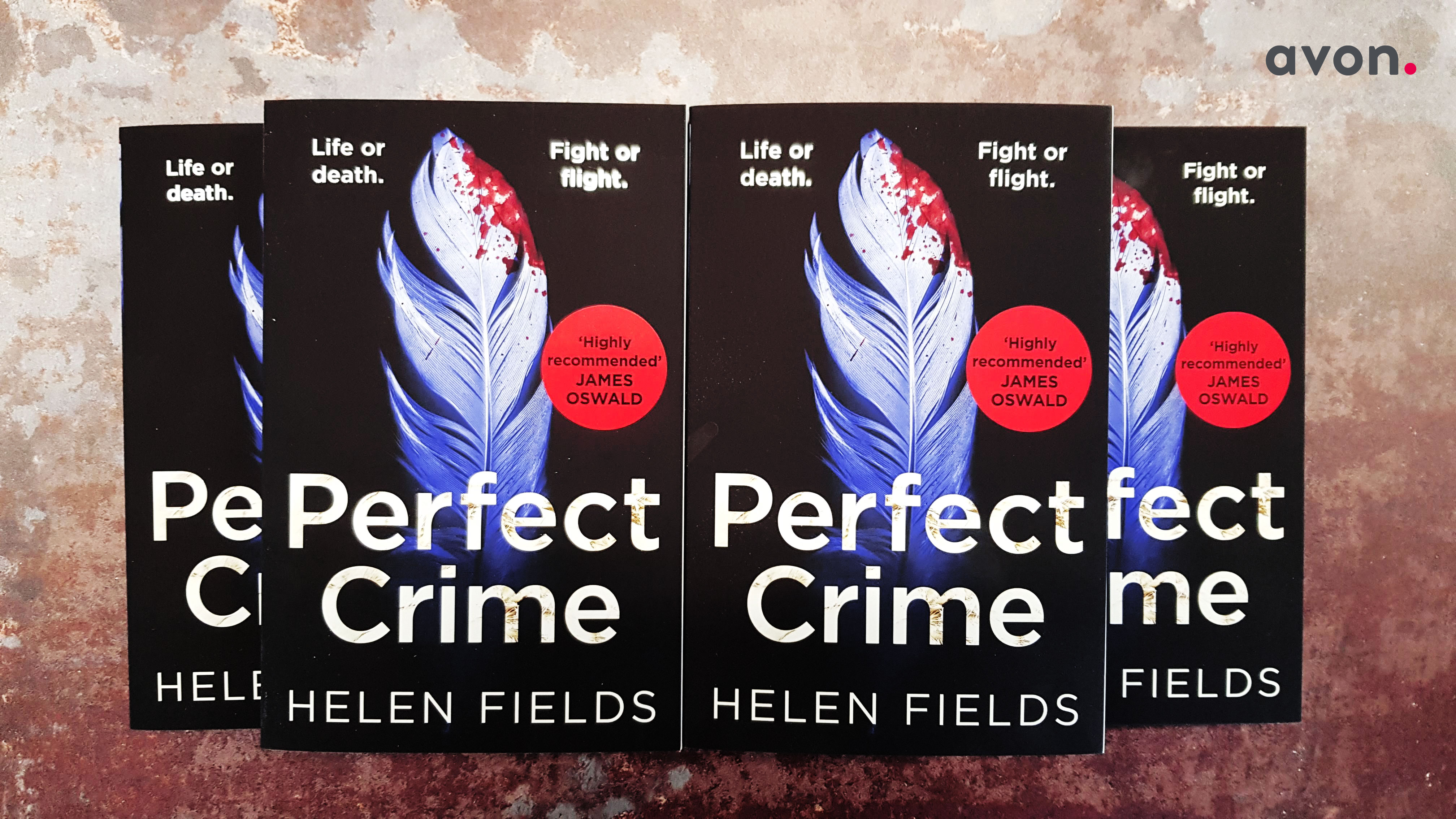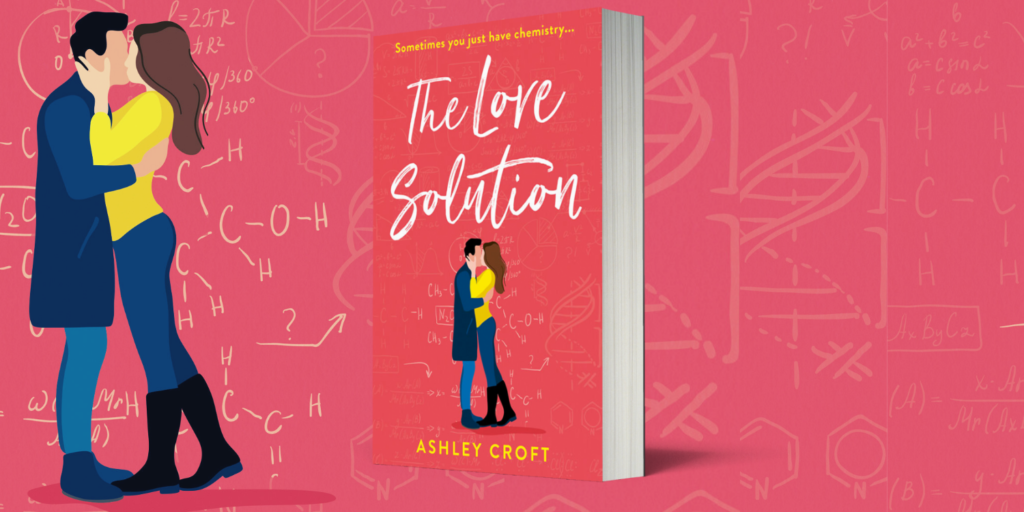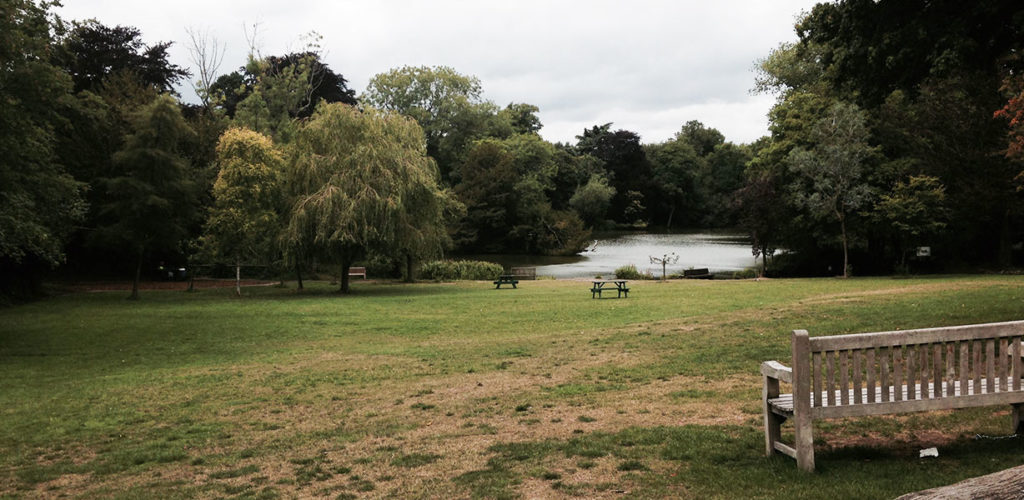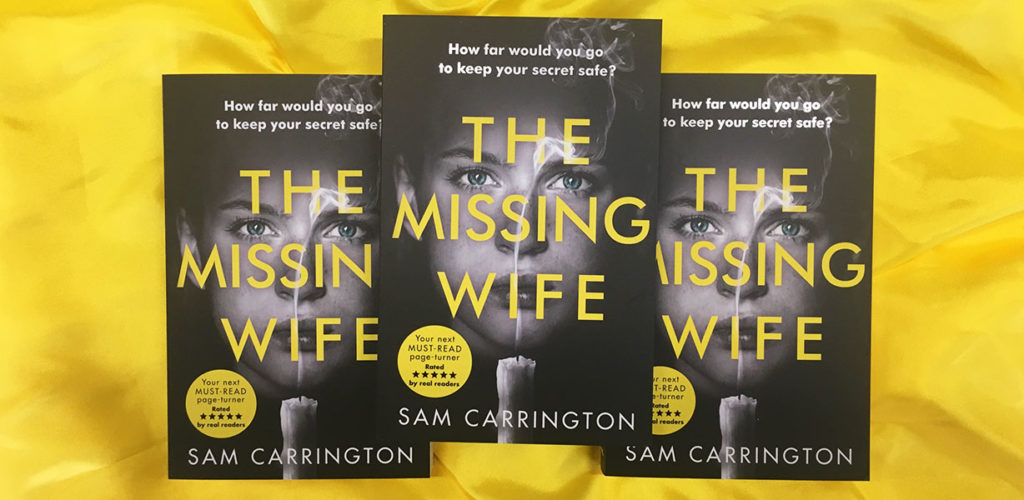First off, I think I’ve been pretty lucky with my journey into writing. I started out as an editor of children’s non-fiction, almost straight out of university, with an English and Classics degree and little idea what to do with it. I was fortunate that the opportunity arose to write a book about the Ancient Greek Olympic Games, and that was just about the only topic I could manage at the time given my academic background. But it gave me a taste of the possibilities.
My next job was where it all kicked off properly though. I found a role as an editor at the book packager Working Partners, and there couldn’t have been a better training ground for being a writer. At Working Partners, the editorial creative team brainstorms and develops stories in great detail: plot architecture, setting, characters, even chapter breaks. In creative writing parlance, Working Partners does all the ‘telling’. They then find writers to work up out storyline in a manuscript – the ‘showing’. The writer puts the flesh on the skeleton: they work those character sketches into three dimensions, they create dialogue and shape chapters into effective beginnings, middles and ends. An editor at Working Partners then works very closely with the writer revising drafts until the book is ready to go to the publisher.
Writing to someone else’s story idea might sound like anathema to some writers, but paradoxically I find it quite liberating.
I’d say I started out as a fairly good ‘storyliner’ – there’s a lot of useful theory on putting together a commercial story, on creating characters, on structuring a tale for maximum drama, and that appealed to my ‘right brain’ proclivities. I worked on stories for all age groups, from six-year-olds to adults, and across genres from romance to crime to sci-fi and just about every combination in between. Eventually, though, the creative impulse started vying for attention, and I wrote several books for Working Partners as a freelance writer. Writing to someone else’s story idea might sound like anathema to some writers, but paradoxically I find it quite liberating. My colleague terms it ‘thriving between the fences’ – being creative within confines. Colouring inside the lines perhaps doesn’t sound all that uplifting, but it offers writers the opportunity to focus on the singular craft of their prose without worrying too much about whether the overall story ‘works’. It avoids the dreaded writer’s block too. Even now, I’m not the sort of writer who just writes without a plan, letting the story evolve organically. I approach the two disciplines of storylining and writing as distinct tasks.
I’ve written about fifty books for kids now – ranging from 10,000 word chapter books to fantasy trilogies for teens. I’ve almost never written a book without being contracted first – I simply don’t have the time to commit to writing a book that might then languish on the slush-pile. My agent – fondly, I think – calls me a ‘hack’ writer. I prefer ‘professional’! I’ve also ghost-written children’s books for celebrities, which is another discipline entirely, synthesizing someone else’s ideas, and often their personality, into a story with wide appeal.
If a brief concept can grip you, it’s normally a good sign you’re onto something compelling.
Perhaps my hack reputation preceded me, because Avon Books came to me with the idea for Hold My Hand. It was just a few lines – what’s called the elevator pitch – but it grabbed me from the off. They had the very beginning (a child going missing), and the very end (which I won’t ruin). So hardly the level of storyline I’m used to working with, but the two plot points had a world of potential between. If a brief concept can grip you, it’s normally a good sign you’re onto something compelling. The DNA is there, and it’s a case of building around that core. I took the idea and wrote a quite a long synopsis, structuring the story into three ‘acts’, and also wrote a sample of text from the opening of the book. On the strength of those documents, Avon offered me a contract to write the book and teamed with me up with my fantastic editor, Phoebe Morgan.
Part of the joy of being published by a publishing house rather than taking the self-publishing route is the realisation that other people are working on your book too.
The deadline was tight (I’m yet to work to a schedule that isn’t), and the first draft sucked in many ways, but one of the things I’ve learned over the last ten years of writing is that the trusting relationship between an editor and a writer is crucial. Every book, like the protagonist’s journey, has setbacks and difficulties. Phoebe’s eye for what was working and what wasn’t, and her ability to communicate those elements constructively helped to lift the book enormously, and we’re both very happy with the result. Writing is pretty solitary, but publishing is multi-functional. Commercial success depends on every part of the team working, from that initial collaboration between editor and writer, through design and copy-writing to production and sales and marketing and publicity. Part of the joy of being published by a publishing house rather than taking the self-publishing route is the realisation that other people are working on your book too – seeing the cover for the first time is always a landmark moment.
We’re now working on the second title featuring Detective Jo Masters, so the journey is ongoing…
